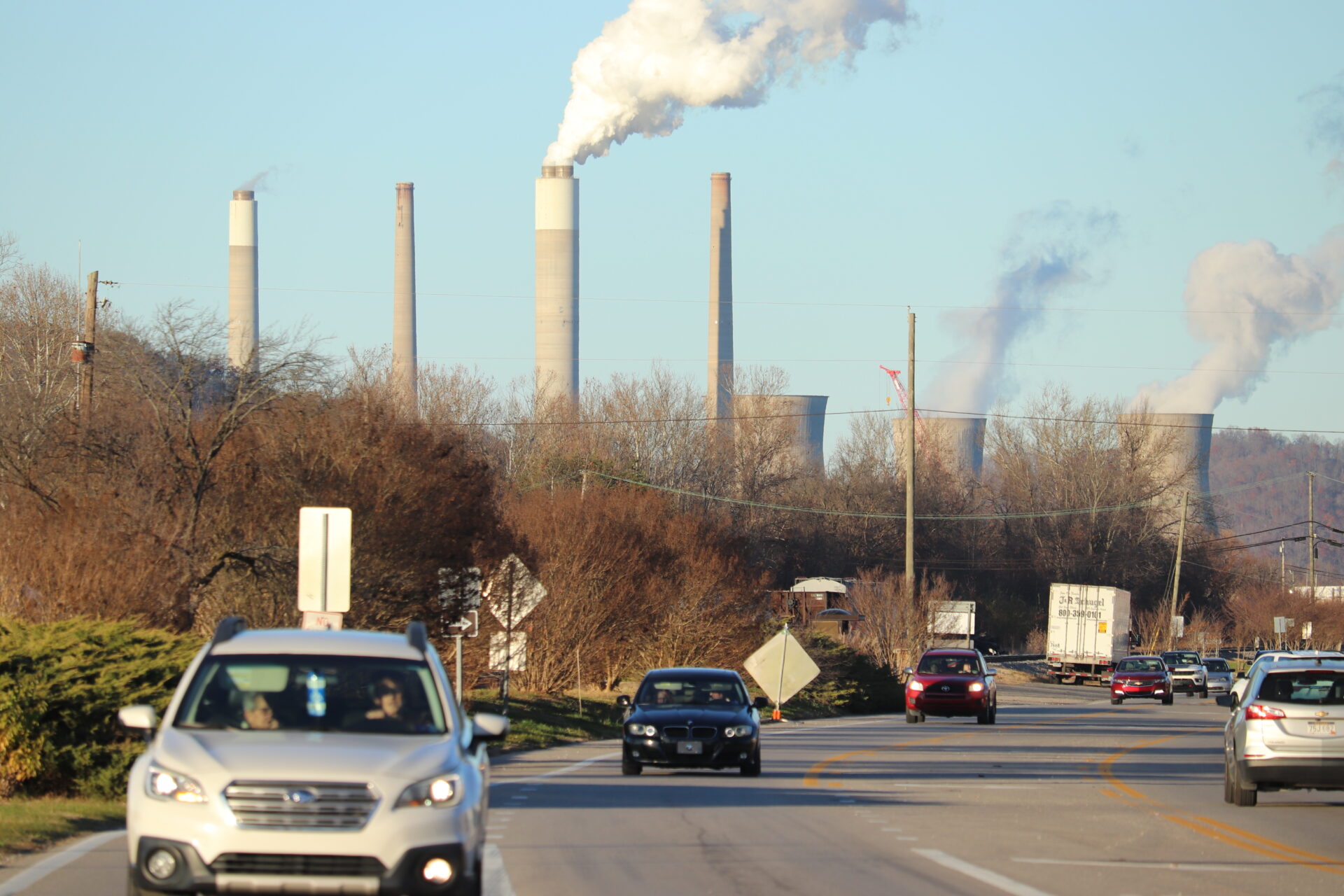The analysis from the West Virginia Center on Budget and Policy published Wednesday estimates the Hope Scholarship costs West Virginia public schools up to $21.6 million.
A new report calculates the state’s education voucher program cost on public schools.
The analysis from the West Virginia Center on Budget and Policy, published Wednesday, estimates the Hope Scholarship costs West Virginia public schools up to $21.6 million.
The Hope Scholarship allows K-12 students to receive state funds that can be used for tuition at private schools, homeschool curriculum, and other qualifying expenses.
Kelly Allen, executive director of the center, estimates the diverted funding will mean up to 364 paid positions, educators and personnel, could be lost.
“We hear a lot from proponents about the impact on the families and students who utilize the Hope Scholarship, but we really wanted to take a look at what the impact the Hope Scholarship is having on public schools,” she said.
Allen and Sean O’Leary, senior policy analyst for the center, arrived at the figure by multiplying the state school aid formula by the number of Hope Scholarship applicants in its second year.
“The state aid formula also has a calculation for the number of teachers, educators and the number of school service personnel based on enrollment figures for each county,” Allen said. “We were able to estimate how much less funding they would get for those positions with that drop in attendance related to students leaving the public school district for the Hope Scholarship.”
One of the biggest concerns the report highlights is the lack of public reporting on how Hope Scholarship money is being spent, as well as the academic outcomes for the students receiving the funds.
“I can go on the Department of Ed’s website right now and look up test scores, assessments for any public school in the state,” Allen said. “But there is no such mechanism for private schools, and there’s no data collected for Hope Scholarship students.”
Another West Virginia Center on Budget and Policy report earlier this year showed that thousands of dollars in Hope Scholarship funds are being spent outside of the state and at unaccredited institutions. The state Treasurer’s office, which oversees the voucher program, previously said spending Hope Scholarship funds in out-of-state school systems is permissible and consistent with the “money follows the student” intent behind the Hope Scholarship.
“We’re seeing our public schools pare back art and music classes, or teachers buying supplies out of their own pockets,” Allen said. “It just seems really, really concerning that these dollars aren’t being accounted for, tracked in the same way that our public schools are accountable.”
Allen applauded Treasurer Riley Moore for voluntarily reporting Hope Scholarship figures, but pointed out he will no longer be in his position after the 2024 election. Moore is running for a Congressional seat in West Virginia’s 2nd district.
“I think it’s really important that robust public reporting be codified,” she said. “He will not be the treasurer next year, so we shouldn’t rely on the generousness of the current treasurer.”
In its second year, the Hope Scholarship program has grown significantly, and Allen expressed concern over the financial impact of continued expansion.
On Tuesday the Hope Scholarship Board approved changes to the program’s legislative rules that will allow eligible students to apply year-round. A press release from the treasurer’s office announcing the rule changes noted that “more than 6,000 students have been awarded the Hope Scholarship for the current 2023-2024 academic year, nearly triple the 2,333 students who received it the previous academic year.”
In an email, Allen told WVPB the expanded application window “will almost assuredly increase costs of the program and create significant disruptions for public schools.”
